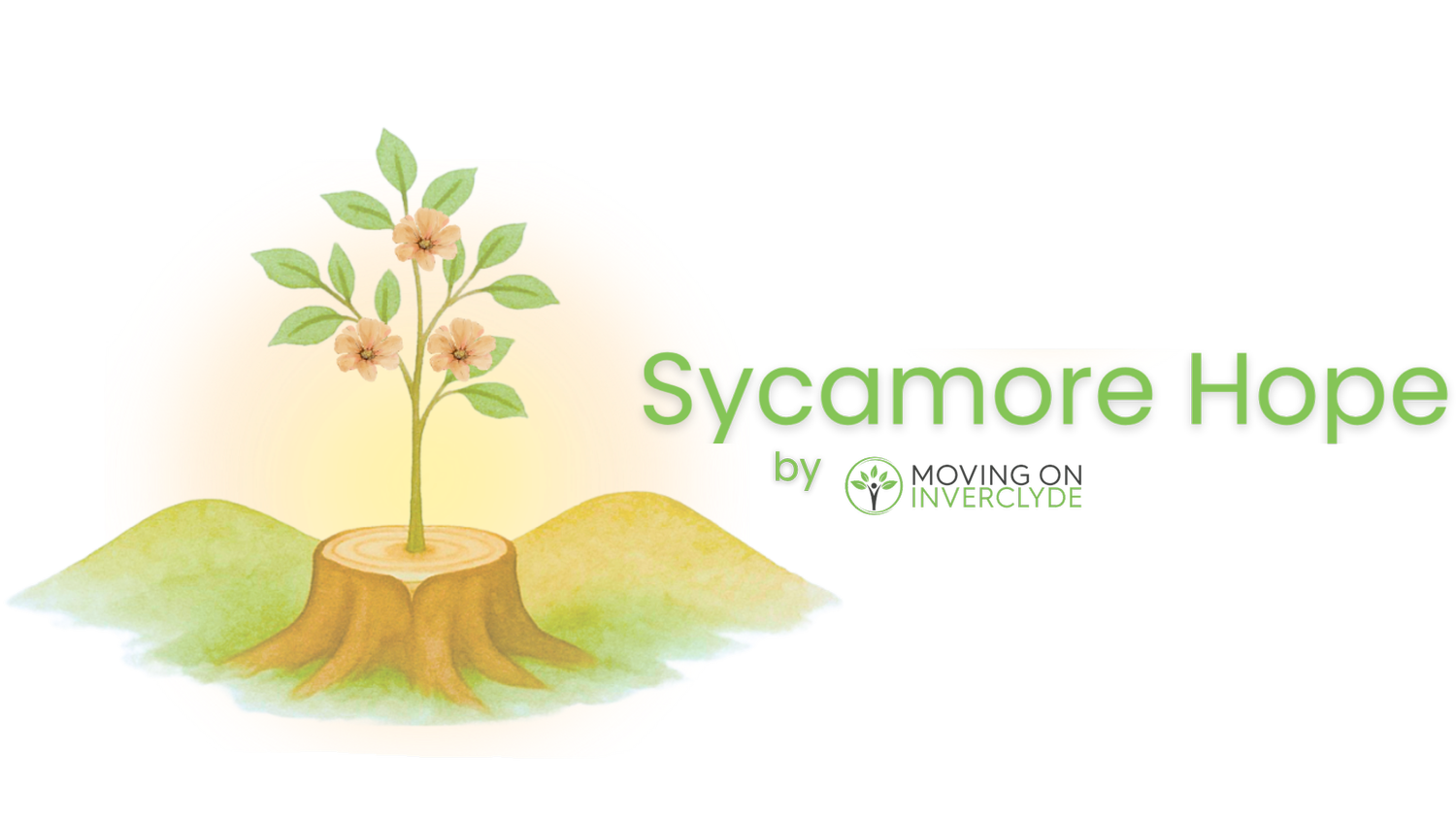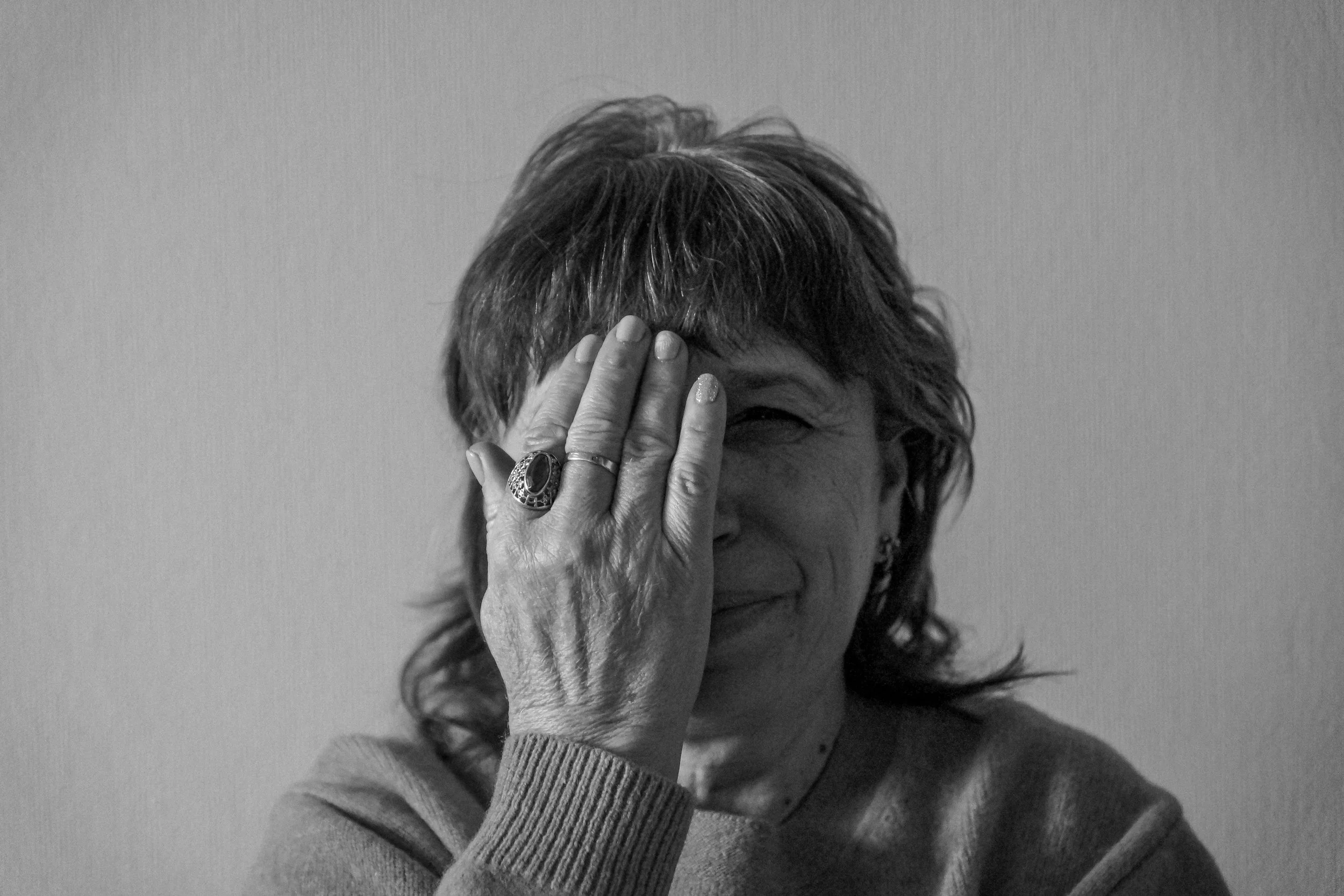Challenging the Stigma of Women in Recovery
It all begins with an interview with Debbie, a member of the Moving On Inverclyde recovery community. I had originally sat down with Debbie to write about her experiences in recovery for our ‘Women’s Voices’ page.
“When Debbie was first referred to Moving On Inverclyde, she was hesitant to attend due to the fear of judgment and the stigma surrounding alcohol and drug use. However, Moving On Inverclyde reached out to her and offered a female key worker to support her recovery. This gesture was crucial in easing Debbie’s initial fears, especially given her past experiences in an abusive relationship with a male.”
When Debbie shared her story with me, my mind immediately raced to all the ways we could make sure no woman ever feels afraid to ask for help. It didn’t take long to realise that the biggest obstacle isn’t a lack of services or support… it’s the weight of stigma. Debbie often reminds women at the start of their recovery journey that there is absolutely nothing to be ashamed of. And while that reassurance is powerful, it’s also true that shame can cling tightly, especially when society has spent years reinforcing it.
If we’re serious about challenging stigma, we need to help people understand what substance use and recovery really look like. Research shows that reducing stigma can actually encourage individuals to take their first steps toward recovery, because they no longer feel defined by their past or afraid of how they’ll be treated.¹
That’s the kind of environment Debbie believes in. One where women feel supported, understood, and empowered to rebuild their lives without fear.
So, how can we challenge the stigma? Challenging stigma starts with creating spaces where women feel seen, heard, and treated with genuine respect. A study found that women in recovery need their own gendered spaces. Here, they can discuss their own concerns with other women, and fully share their concerns with practitioners who are both sensitive and vigilant to their previous experiences of stigma and current and ongoing needs (2).
So much of the shame surrounding substance use comes from misconceptions, and the only way to break that cycle is through open conversation, education, and consistent compassion.
This is why we created Sycamore Hope. To share resources, information, and challenge misconceptions.
Keep your eyes peeled… this is only the beginning for Sycamore Hope…
References
1- https://pmc.ncbi.nlm.nih.gov/articles/PMC6103317/
2- https://www.mdpi.com/1660-4601/21/9/1189


